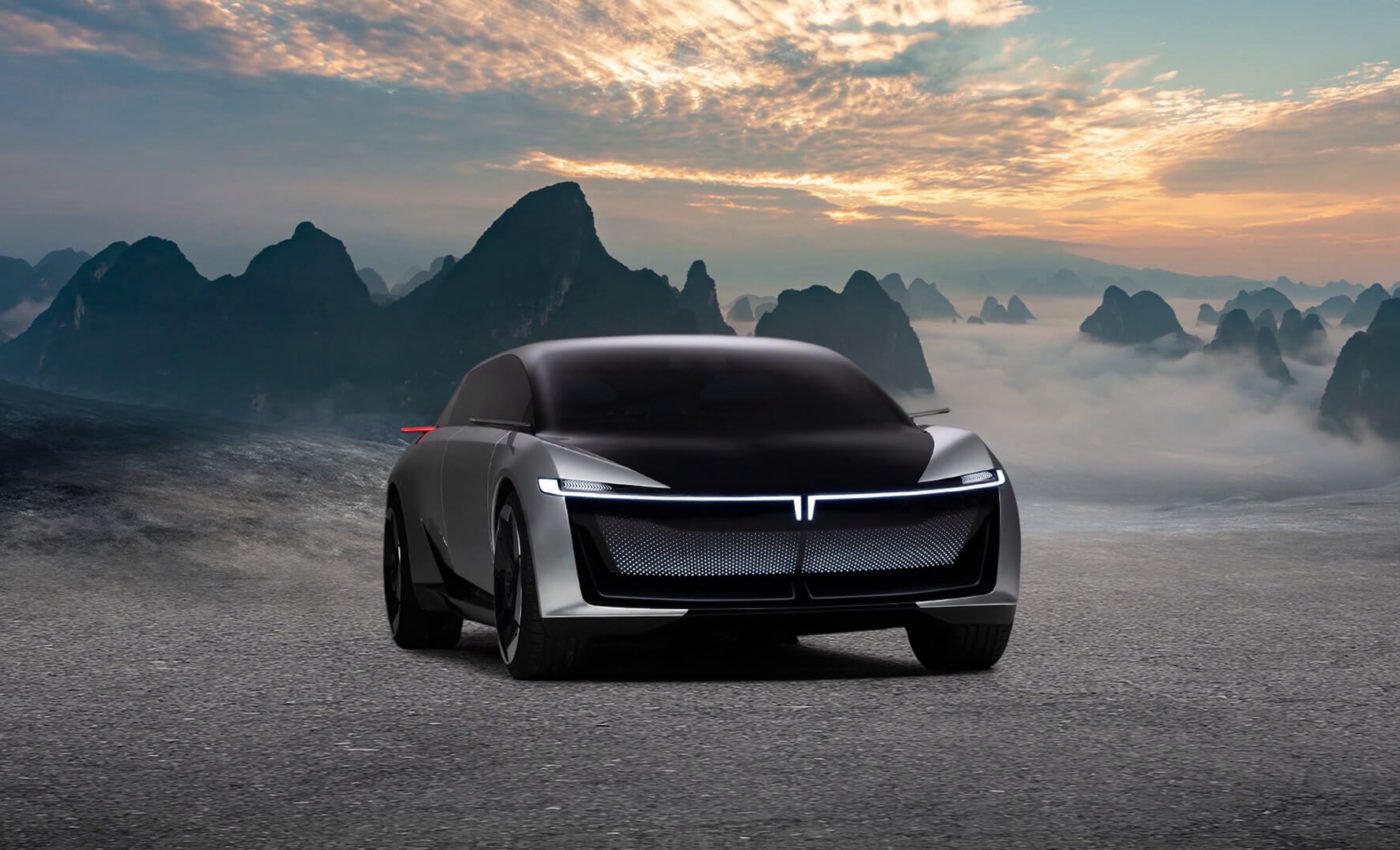Tata Motors’ share price has garnered attention as the company continues to evolve in response to changing consumer preferences. For investors tracking the automotive industry and using tools like the best Indian stock advisor, Tata Motors presents an interesting case of how an established automaker adapts to new market demands and trends. With shifting consumer behaviors and an increasing focus on sustainability and technology, Tata Motors strategically positions itself to meet these emerging needs.
Focus on Electric Vehicles (EVs)
One of the most significant shifts in consumer preferences is the growing demand for electric vehicles (EVs). As consumers become more environmentally conscious, interest and demand for cleaner, greener modes of transportation have steadily risen. Tata Motors has recognized this trend and is making solid inroads into the EV market with its Nexon EV and Tigor EV models.
These vehicles are designed to provide a sustainable alternative to traditional fuel-powered cars, while still delivering the performance and comfort consumers expect from Tata Motors. The company is committed to expanding its EV lineup and aims to become a leader in India’s electric vehicle revolution. Tata Motors’ focus on EVs aligns with government initiatives that promote eco-friendly transportation, which could positively impact the Tata Motors share price as the market for EVs continues to grow.
Emphasis on Connected Cars and Technology
In addition to electric vehicles, today’s consumers are increasingly looking for cars that offer advanced technological features, including connectivity, infotainment systems, and smart functionalities. Tata Motors has responded to this trend by incorporating connected car technology into many of its vehicles. Features like real-time vehicle tracking, remote vehicle controls, and advanced infotainment systems are becoming standard in Tata’s newer models.
For example, Tata’s iRA (Intelligent Real-time Assist) technology allows drivers to stay connected to their vehicles through smartphone apps, enabling them to control various aspects of their car remotely. This kind of technological integration enhances the driving experience and meets the growing demand for smart, tech-driven automobiles.
Prioritizing Safety
Safety has always been a top concern for consumers, and Tata Motors has made significant strides in this area by focusing on vehicle safety features. In response to growing consumer awareness around road safety, Tata Motors has emphasized the development of vehicles with high safety ratings.
For instance, Tata Motors’ Altroz model received a 5-star safety rating in the Global NCAP crash test, making it one of the safest cars in its segment. By investing in safety, Tata Motors appeals to consumers who prioritize their well-being and their families, positioning the brand as one that cares about its customers’ safety. This focus on safety also adds to the brand’s reputation, potentially boosting Tata Motors’ share price as consumers gravitate toward safer cars.
Expanding into Premium Segments
Tata Motors is also expanding its premium and luxury car offerings. Consumers are increasingly seeking vehicles that blend style, comfort, and performance. In response, Tata Motors is enhancing its product lineup with premium options, such as the Harrier and Safari SUVs. These models are designed to cater to consumers’ evolving tastes who desire high-end features at competitive prices.
This expansion into the premium market not only broadens Tata Motors’ customer base but also enhances the brand’s appeal to a more affluent segment of the population, which could positively affect the company’s overall market performance.
Sustainable Manufacturing and Supply Chain
With sustainability becoming a key concern for consumers, Tata Motors is also taking steps to ensure that its manufacturing processes and supply chains are more environmentally friendly. The company is working on reducing its carbon footprint by optimizing resource efficiency, using renewable energy sources in its factories, and promoting responsible sourcing of materials.
This shift toward sustainability in production aims to attract environmentally conscious consumers who consider a company’s environmental impact when making purchasing decisions. As Tata Motors continues to adopt green manufacturing practices, it strengthens its appeal to this growing segment of eco-aware consumers.
Conclusion
Tata Motors is continuously adapting to the evolving preferences of modern consumers by focusing on electric vehicles, integrating advanced technologies, prioritizing safety, and expanding into premium segments. These initiatives demonstrate Tata Motors’ commitment to staying relevant in a highly competitive automotive market. For investors and those seeking guidance from the best Indian stock advisor, Tata Motors’ adaptability and strategic focus make it an intriguing option, particularly as the company navigates the rapidly changing landscape of the automotive industry. The combination of innovation, sustainability, and consumer-centric offerings bodes well for Tata Motors’ future growth and its share price trajectory.








